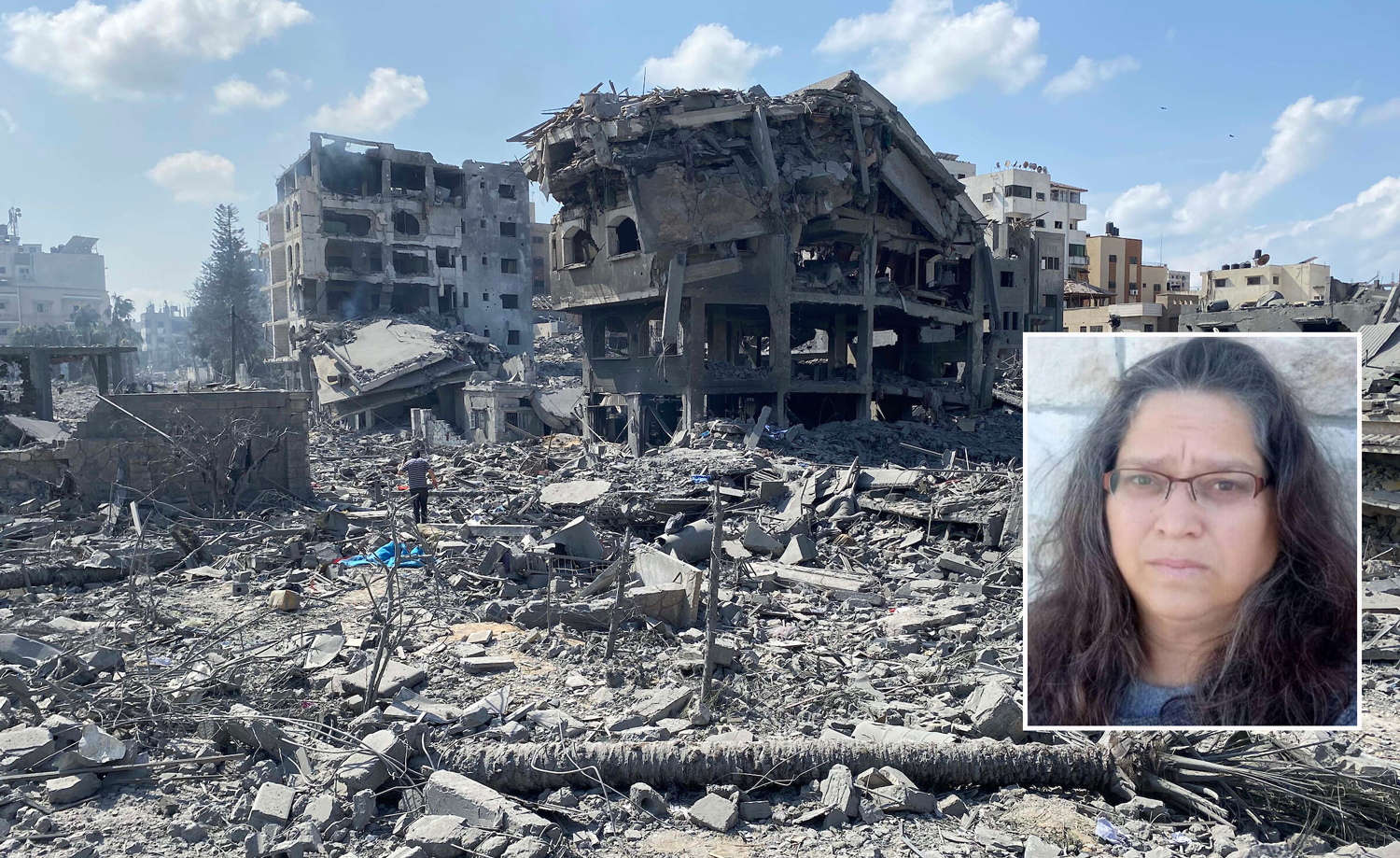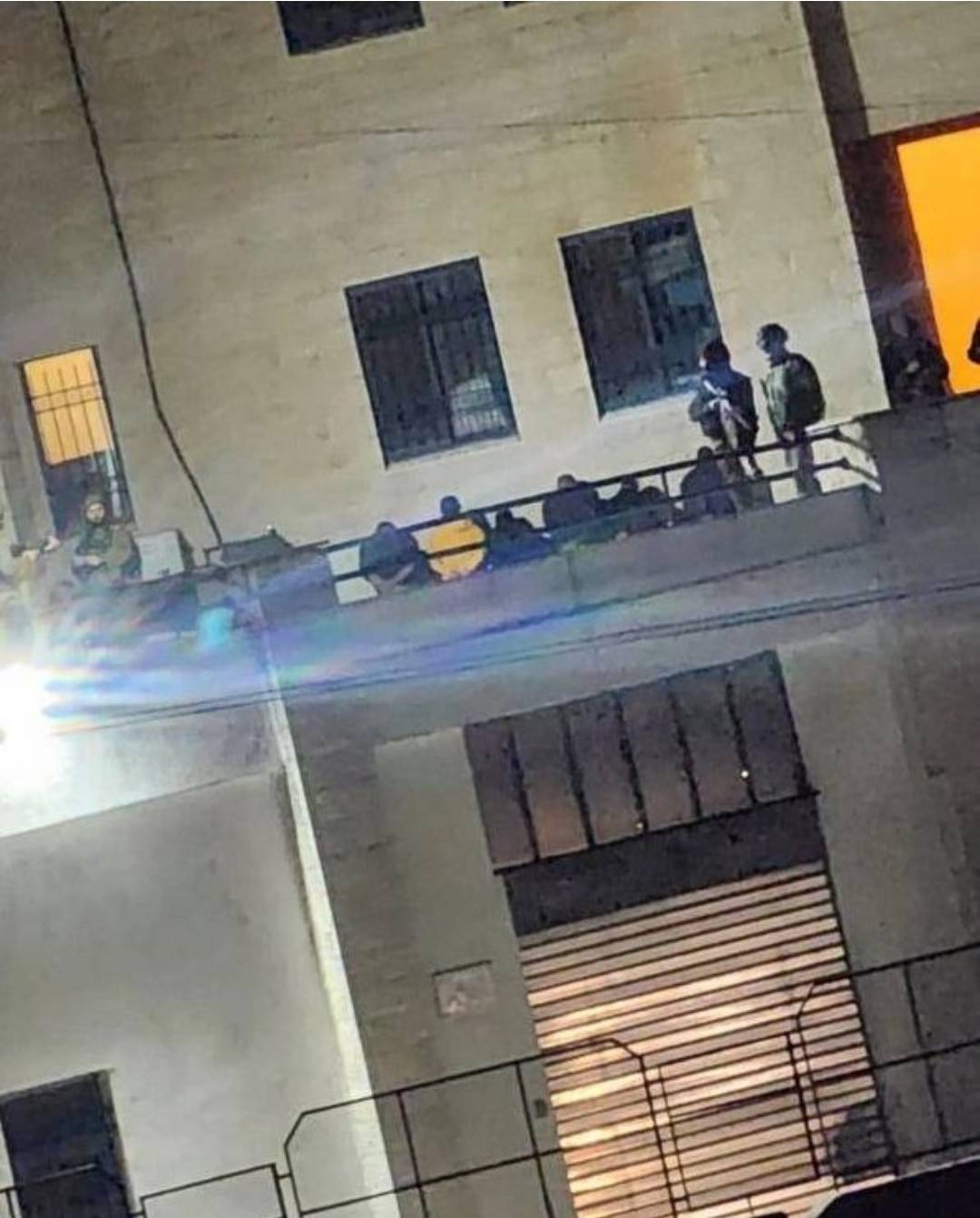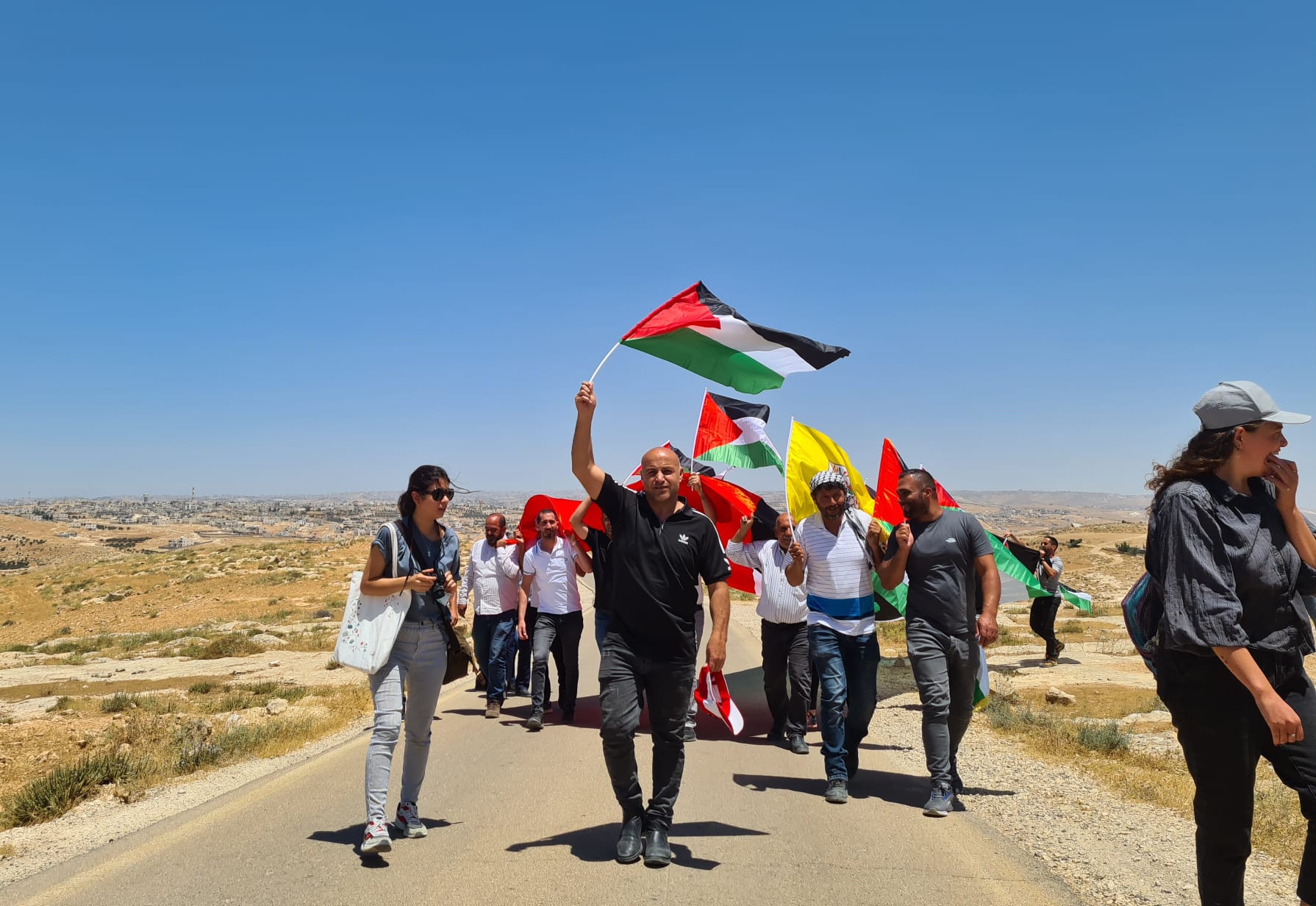Category: In the Media
-
The UK is doing Israelis like me no favours
Last Friday, with over a thousand other Jewish Israelis, I sent letters to diplomats in Tel Aviv and Jerusalem, pleading with them to intervene – to demand Israel stop bombing Gaza; to prevent the Israeli ground invasion; and to support the call of thousands of Israelis for an immediate prisoner/hostage exchange.
-
UPDATE on Gaza Workers: 900 arrested by Occupation forces in West Bank
We have heard that 900 of the Gazans working in Israel have been arrested over the past two days. Amongst those detained are 30 of the 45 men we saw in Hebron. They were arrested by the Occupation forces on the night of October 16 – 17. Some Gazan workers had been welcomed in a…
-
ISM Call to Action: Save Masafer Yatta!
The International Solidarity Movement is calling all activists and supporters to take urgent action against Israel’s ethnic cleansing of the Masafer Yatta region in the occupied West Bank. What is Masafer Yatta?: Masafer Yatta is a rural region to the south of Hebron along the southern border of the occupied West Bank. It…



